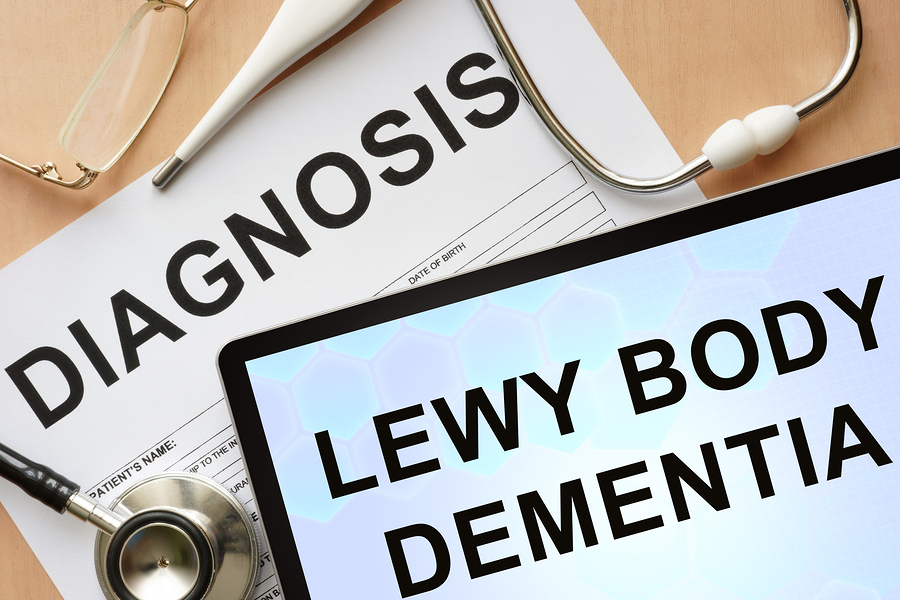Senior Health Issues – What Do You Need to Know About Dementia with Lewy Bodies?
There are many types of dementia. One of these types is dementia with Lewy bodies.
While this type of dementia is less common than Alzheimer’s disease, it is still found in over 1,000,000 people. In fact, dementia with Lewy bodies, also called LBD, is being researched more these days than it ever has in the past. Keep reading to learn some of the results that have come from this research into these senior health issues.

Senior Care in Clark County VA: Lewy Body Dementia
Symptoms of Dementia with Lewy Bodies
Research on LBD shows that some of the symptoms of this disease include the following:
- A decline in cognitive functioning
- A decrease in cognitive functioning (happens in fluctuations)
- Movement problems
- Visual hallucinations
- Slower reaction times
- Trouble processing some information
- Trouble understanding certain things that are happening
- If you or elder care providers notice any of these symptoms in your elderly loved one, be sure to share that information with their doctor.
Brain Changes
LBD (dementia with Lewy bodies) is a form of dementia. It is becoming more common in elderly people. The symptoms of the disease are often similar to those of Alzheimer’s and Parkinson’s disease. If your elderly loved one has the senior health issues of LBD, their cognitive and physical capabilities will decline. The decrease of these functions will mainly depend on what is going on in your loved one’s brain. Their doctor may have to do numerous tests in order to determine the types of changes that are happening. It would be a good idea to speak with your loved one’s doctor. This way you can better understand the tests and what changes are occurring in your loved one’s brain.
Diagnosis for Dementia with Lewy Bodies
There is a lot of research on these senior health issues that show diagnosing LBD can be difficult. This is mainly due to the fact that many types of dementia have similar symptoms. It appears that in most cases LBD is determined with clinical symptoms. For instance, an FP-CIT SPECT scan is sometimes used to diagnose LBD. The doctor can use these scans along with looking at clinical symptoms to find out if a person has this type of dementia.
Conclusion
There have been many non-pharmacological methods used in treating LBD. A couple of them are exercise programs and music therapy. Researchers have also found that mental and social activities can help a person with memory loss and often with other dementia symptoms, as well. As a family caregiver, it is important to remember there isn’t a cure for any type of dementia right now. However, you can help your elderly loved ones by staying patient and by taking them to appointments.
If you or an aging loved-one are considering hiring Senior Care in Clark County, VA, please contact the caring staff at LivinRite Home Care.
Call Us Today at (703) 634-9991.
Sources
- Skilled Nursing: Offering Peace of Mind for Seniors Aging in Place - April 8, 2025
- Can Physical Therapy Help Seniors Learn How to Fall Safely? - March 27, 2025
- Senior Home Care Helps Keep Aging Adults Safe in the Kitchen - March 11, 2025
